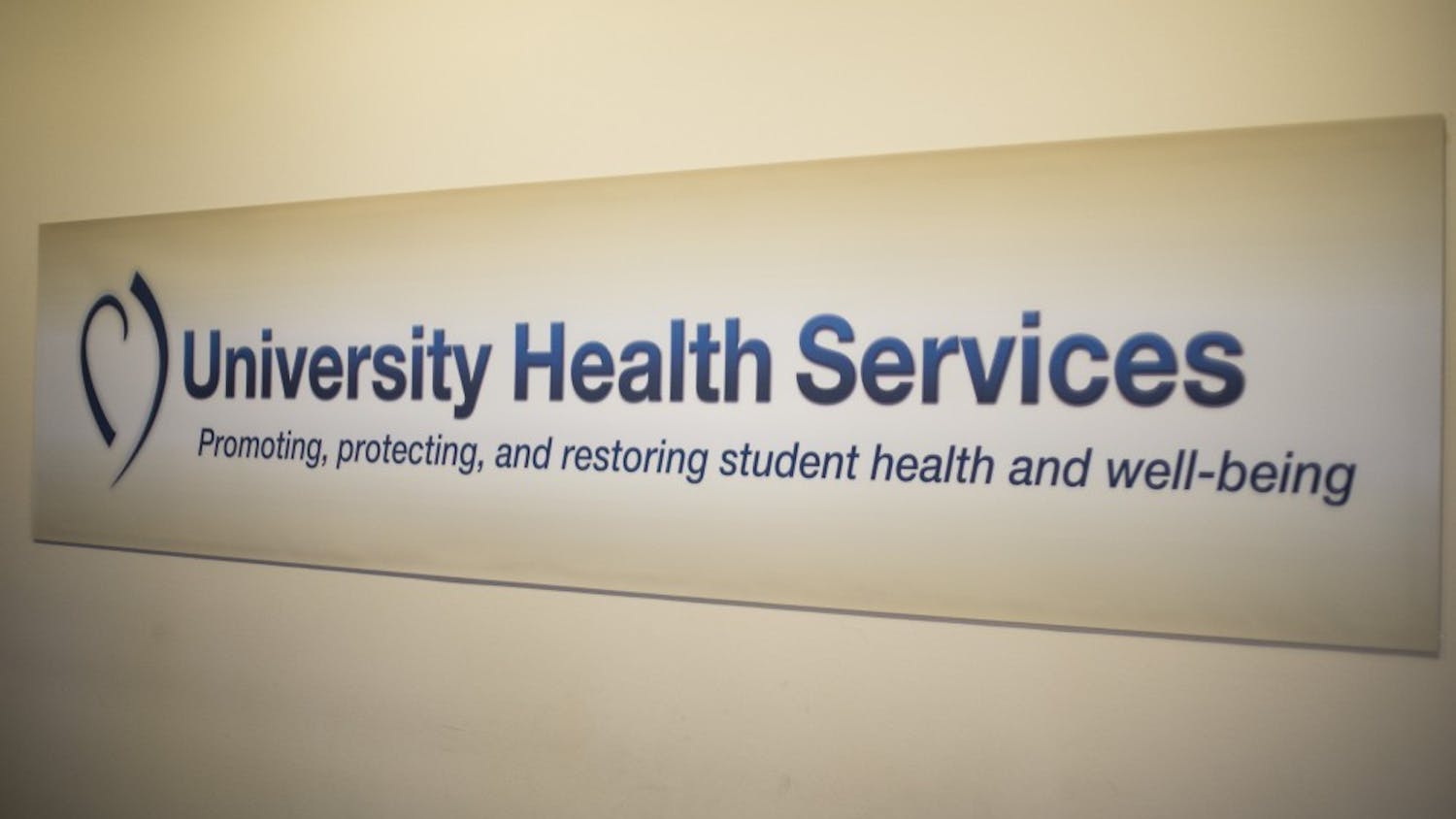Whether through flyers posted on library bulletins, a mass email or tabling events around campus, University Health Services makes themselves known to UW-Madison students from the beginning of their college careers.
Being aware services exist can be key to improving the wellbeing and daily lives of college students struggling with mental health, according to Director of the UW-Madison Counseling Psychology Training Clinic Dr. Stephanie Graham.
“Knowing that there are supports around and building that into your regular routine can really help you complete assignments for your courses, attend classes and get additional wraparound support by talking with other people on campus,” she explained.
While campus services are well-advertised, students have often faced barriers in getting timely help — despite known benefits. Subsequently, UHS’ Mental Health Services has been forced to respond to students’ calls for improvement.
When MHS was created, staff hoped counseling sessions would occur within a few days of students contacting the center, according to Mental Health Interim Director Andrea Lawson.
However, due to demand for services and the limited amount of providers, the waiting period has become an average of two weeks.
“[The waiting period] is really not what we want, or what we know students need,” said Lawson. “There is a difference between ideal and actuality right now.”
Delayed action
Students often first get in contact with MHS through an access appointment — a 20-minute phone call in which students discuss what services they might need and an MHS professional advises them on next steps.
Lawson explained that in addition to these calls, every weekday from 9 a.m. to 5 p.m. there are drop-in services with a counselor available.
“If you can’t wait for an access appointment, or you need to be seen sooner, you can come in and do that as well,” she said.
UW-Madison students searching for mental health help have often tolerated MHS’ waiting period, but for some students that time has had a negative impact.
Although UW-Madison junior Elizabeth Taubner has not needed MHS’ services herself, she shared her roommate had a serious emergency with her medication. Taubner’s roommate repeatedly contacted MHS but struggled to get scheduled for an appointment due to limited resources.
“When she finally got someone on the phone, they were typically extremely unenthused and uninterested in helping her,” Taubner said.
MHS said it would be a month before they could provide assistance.
Protocol requires UHS to take up to 24 hours for medication and 48 hours for other types of treatment, which can inhibit someone’s immediate access to medication.
“We really want to work with students, but we also need students to work with us in terms of how we can prescribe in a way that is ethically grounded in protocols and appropriate care of students,” Lawson stated in response to situations like that of Taubner’s roommate.
Students waiting until the last minute to seek services put pressure on an already-strained system, Graham added. But getting help early also has its own benefits.
“People in our culture wait until they’re really struggling academically to get support, but early intervention has shown to be really effective to get you back on track,” she explained.
Responding to calls for change
Lawson emphasized MHS is determined to see as many students as they can within a semester.
In response to student demand, MHS has taken steps to shorten their waiting period: they recently hired two additional counselors which will ideally cut wait time from two weeks to one week at the longest.
For individuals who absolutely cannot wait two weeks for a session, MHS implemented “on-call services,” in which students can call at any time of day to discuss their situation with a trained professional.
“In the context of a semester, if one has to wait 10 weeks for an appointment then you’re at the end of the semester, rather than the beginning,” Lawson said. “Access to care influences your academic abilities and your potential for that semester. Because of that, we really want to be mindful of that responsiveness.”
Students who desire a shorter waiting period may be referred to counseling resources within the Madison community, such as Madison’s Community Counseling Center.
The Community Counseling Center offers free 30-minute sessions. These can be followed up with a one-hour “intake session” in which the therapist and patient will determine how to best proceed.
MHS tends to recommend these outside services to insured students — as the university cannot provide coverage for off-campus services — so they can find someone who can see them for the entirety of their academic career.
Lawson acknowledged in some circumstances it’s best for students — like Taubner’s roommate who ended up dropping out for the fall semester to participate in an inpatient
program — to get more specialized treatment.
“We really want to support students in getting the level of care that they need, so there will be some students who it’s in their very best interest to withdraw from school and to get services at a higher level,” she said.
For some students, like UW-Madison junior Olivia Pralle, once they are able to get in touch with a counselor, they can get back on track.
“During the worst week of my life, my counselor really helped me,” Pralle said.
Pralle first sought help from a physician who provided direct referral to MHS, which Lawson explained can expedite service.
“One thing that I want students to know is that there’s always some type of support available, whether it be an urgent appointment, a drop-in support group or even a phone call, to get the process rolling in setting up a regular service,” Graham said. “Those are all helpful interventions that can provide someone who’s struggling with a sense of accomplishment that they’re taking the next step toward their health.”
state news






